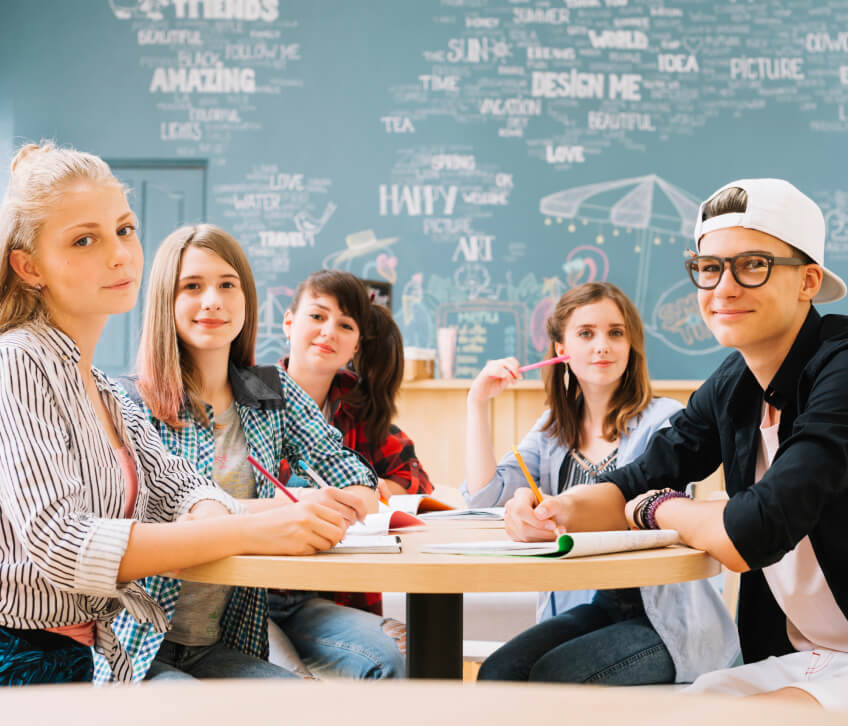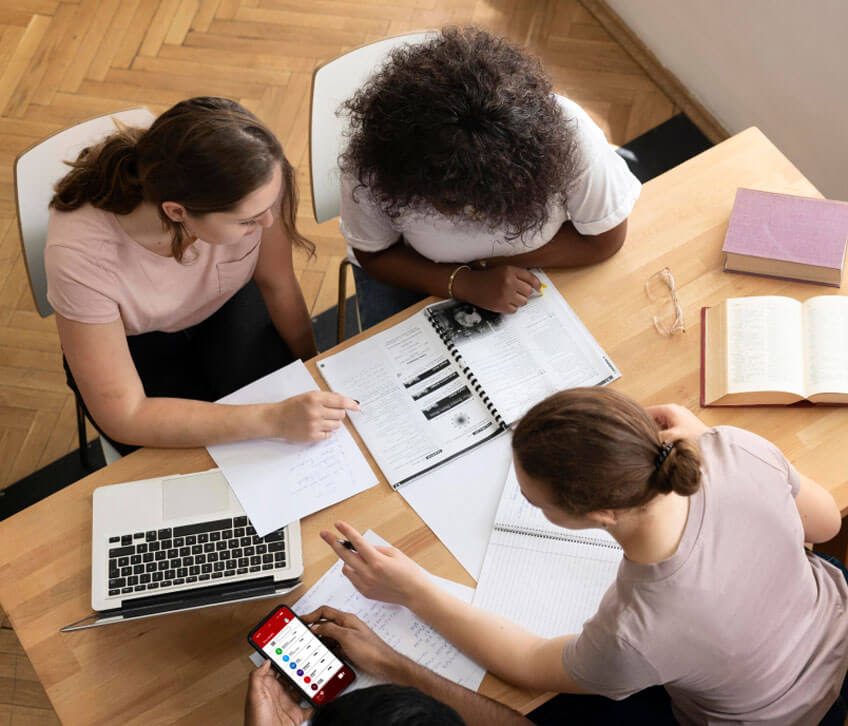An important part of the development of all young children is their ability to represent and interpret their knowledge of the world in different ways. This is achieved through drawing, painting, making three- dimensional models, singing, dancing and role playing. Young children need the opportunity to be creative. They need to use material and most importantly, the time to work alone. This enables them to:
1. Experience great joy and satisfaction
2. Express their feelings
3. Develop language
4. Learn social skills
Learn and concepts, especially those related to shape, size, colour, texture, space and handling of tools Interpret their knowledge and understand the world
Reading depends on two major skills knowing what the words say and understanding what they mean. Being able to see that letters make a word and pronouncing that word correctly needs to be complemented by an understanding of what the word means. To understand what a word means, children first need to develop the skills of listening and speaking. As children learn to speak, children first need to develop the skills of listening and talking together. Conversation is an essential pre-reading activity. Each time we talk to a young child, we will be reinforcing his understanding of the language and introducing new vocabulary and concept to him. We develop awareness of the sounds and rhythm of a language by reciting nursery rhymes and singing simple melodious songs.


Skills, which lead to writing, begin very early in childhood. This is when children begin to control their hand movements. As children grow, they develop a greater ability to co-ordinate and control movement and to manipulate small objects. These are called ‘Fine motor skills’, which are needed for actions, which require smaller, more controlled, movement of the hand, including writing.
© 2022 Copyright :- GPS School